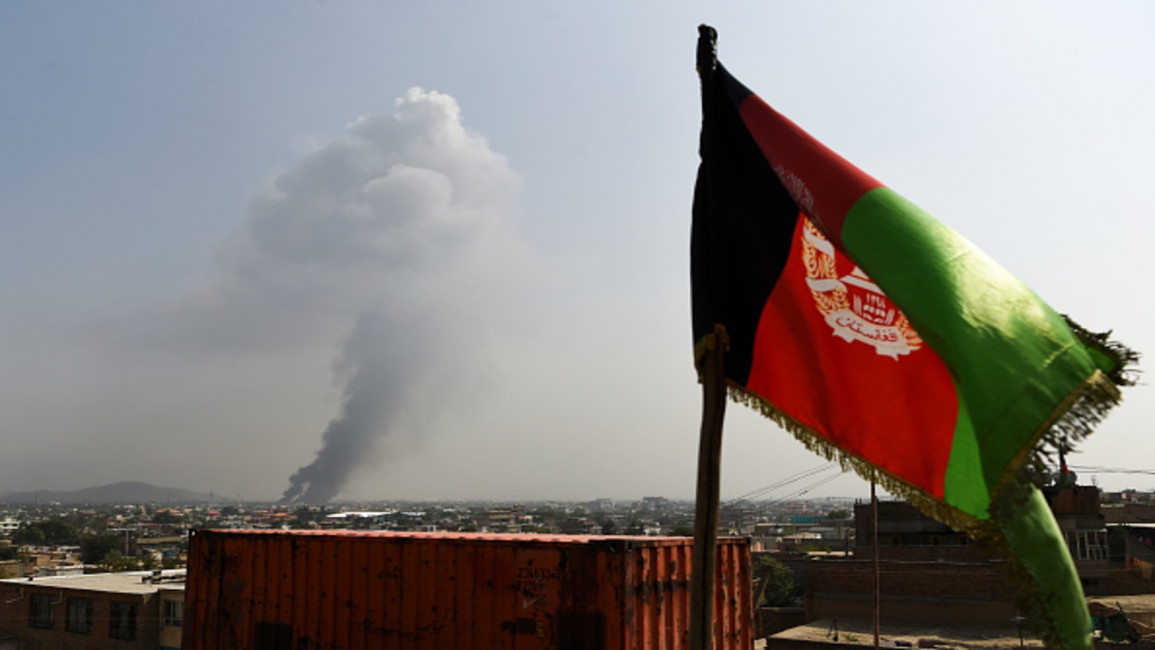US launched recent air strikes in Afghanistan to push back Taliban
The United States recently carried out air strikes as it backed the Afghan army's bid to repel a Taliban offensive, the Pentagon said on Thursday, with the withdrawal of international forces from the country all but complete.
"In the last several days, we have acted through air strikes to support to the ANDSF," said Pentagon spokesman John Kirby, referring to Afghan government forces.
"We continue to... conduct airstrikes in support of the ANDSF," he told reporters at a press briefing, adding that head of the US Army Central Command (Centcom), General Kenneth McKenzie, had authorised the strike.
Kirby said he could not provide details on the air strikes, but reiterated Defence Secretary Lloyd Austin's Wednesday statement that the United States remains "committed to helping the Afghan security forces and the Afghan government going forward."
US airpower has long provided Afghan forces with a tactical advantage against the Taliban - one that many fear will be eroded by the withdrawal of international troops, though Afghanistan's own fledgling air force is flying into the breach.
Also on Wednesday, the chairman of the US Joint Chiefs of Staff, General Mark Milley, acknowledged the Taliban regime now controls about half of Afghanistan's roughly 400 districts, but added they had taken none of the country's densely populated main cities.
He said the US withdrawal, set to be finished by August 31, is now 95 percent complete.
The resurgent militants have pressed a sweeping offensive against government forces since May, amid the withdrawal of the American-led foreign forces.
A Taliban spokesman on Thursday told Russian media that the group now controlled 90 percent of Afghanistan's borders, but the claim could not be independently verified. The militants are known to exaggerate their battlefield claims.



